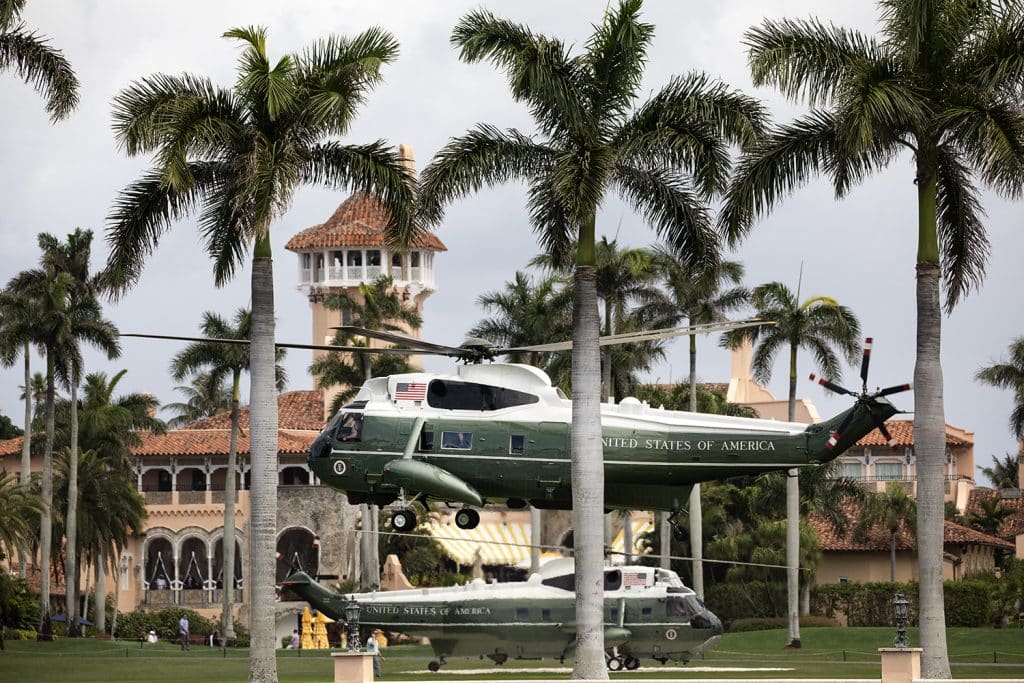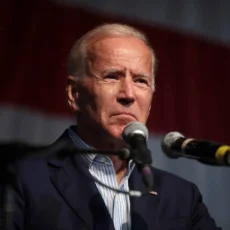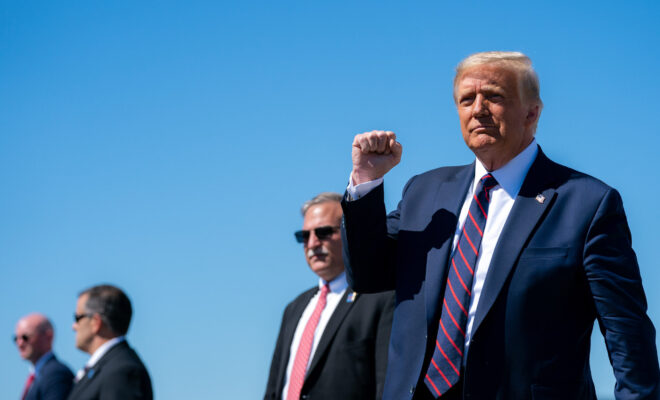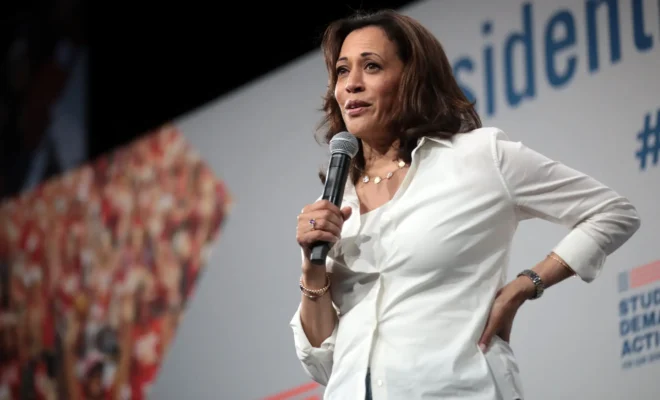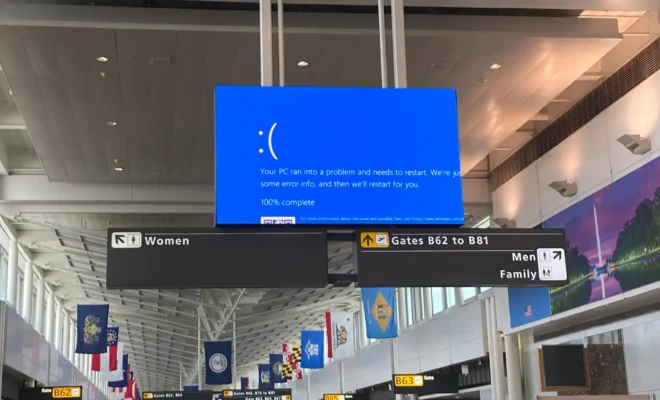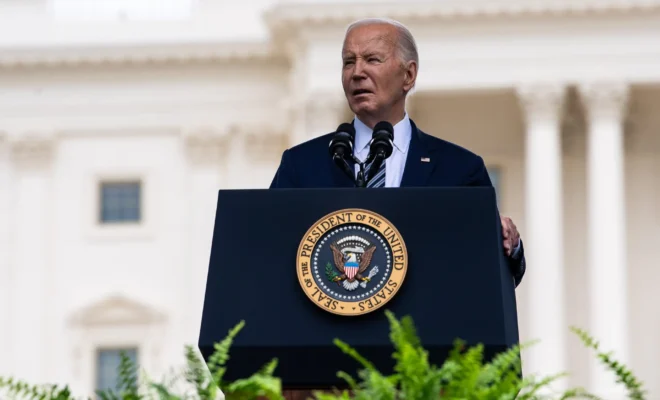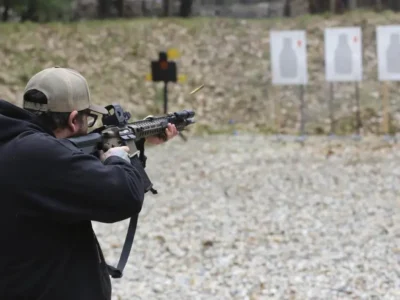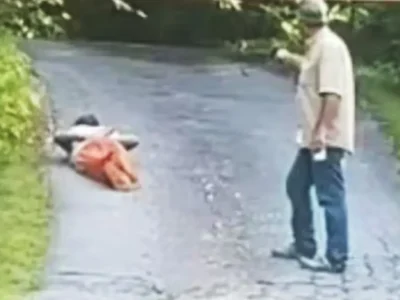Federal prosecutors are growing increasingly frustrated with the judge presiding over former President Donald Trump's classified documents case in Florida.
U.S. District Judge Aileen Cannon asked prosecutors and defense lawyers to file proposed jury instructions for most of the charges even though it remains unclear when the case might reach trial. The Trump appointee asked the lawyers to respond to competing interpretations of the law that appeared to accept the Republican ex-president's argument that he was entitled under a statute known as the Presidential Records Act to retain the sensitive documents he is now charged with possessing.
According to The Hill, the order surprised legal experts and alarmed special counsel Jack Smith's team, which said in a filing late Tuesday that the 1978 law mandating presidents to return presidential records to the government upon leaving office but allows them to keep personal ones – has no relevance in a case concerning highly classified documents. (RELATED: Team Trump Ready To Remake America During Second Term)
Prosecutors asserted that the records were clearly not personal and there is no evidence Trump ever designated them as such. They went on to claim Trump “invented” the claim only after it became public that he had taken with him to his Mar-a-Lago estate.
“Not a single one had heard Trump say that he was designating records as personal or that, at the time he caused the transfer of boxes to Mar-a-Lago, he believed that his removal of records amounted to designating them as personal under the PRA,” prosecutors wrote. “To the contrary, every witness who was asked this question had never heard such a thing.”
In the opening paragraphs of Smith's response, he torpedoes the judge's order and threatens “appellate action” if she follows this path:
The Court has issued an order (ECF No. 407) directing the parties to file preliminary proposed jury instructions and verdict forms for Counts 1-32 of the Superseding Indictment, with a specific requirement that the parties “engage with [two] competing scenarios and offer alternative draft text that assumes each scenario to be a correct formulation of the law to be issued to the jury.” Both scenarios rest on an unstated and fundamentally flawed legal premise—namely, that the Presidential Records Act (“PRA”), and in particular its distinction between “personal” and “Presidential” records, see 44 U.S.C. § 2201 (2), (3), determines whether a former President is “[]authorized,” under the Espionage Act, 18 U.S.C. § 793(e), to possess highly classified documents and store them in an unsecure facility, despite contrary rules in Executive Order (“EO”) 13526, which governs the possession and storage of classified information.
That legal premise is wrong, and a jury instruction for Section 793 that reflects that premise would distort the trial. The PRA's distinction between personal and presidential records has no bearing on whether a former President's possession of documents containing national defense information is authorized under the Espionage Act, and the PRA should play no role in the jury instructions on the elements of Section 793. See ECF No. 373 at 5-12. Indeed, based on the current record, the PRA should not play any role at trial at all.
Moreover, it is vitally important that the Court promptly decide whether the unstated legal premise underlying the recent order does, in the Court's view, represent “a correct formulation of the law.” ECF No. 407 at 2. If the Court wrongly concludes that it does, and that it intends to include the PRA in the jury instructions regarding what is authorized under Section 793, it must inform the parties of that decision well in advance of trial. The Government must have the opportunity to consider appellate review well before jeopardy attaches.
Smith's team said that if the judge insists on citing the presidential records law in her jury instructions, she should let the lawyers know as soon as possible so they can file an appeal. (RELATED: Trump Attorneys Meet With Special Counsel Jack Smith As Team Braces For Next Indictment)
Smith concludes with a parting shot threatening appeal, writing “For the reasons set forth above and in the Government's opposition to Trump's motion to dismiss based upon the PRA, the Court should reject the legal premise that the PRA's distinction between personal and presidential records has any bearing on the element of unauthorized possession under Section 793(e). As such, it should deny Trump's pending motion to dismiss and adopt preliminary jury instructions as proposed by the Government above. If, however, the Court does not reject that erroneous legal premise, it should make that decision clear now, long before jeopardy attaches, to allow the Government the opportunity to seek appellate review.”
The Trump-appointed judge has yet to rule on multiple motions to dismiss the case as well as other disagreements between the two sides, and the trial date remains in flux.
Trump is facing dozens of felony counts related to the mishandling of classified documents. The Florida case is among four criminal cases against the former president, who has adamantly denied any wrongdoing.
READ NEXT: Trump Pushes Electoral College Reform In Nebraska, Democrats On Edge







